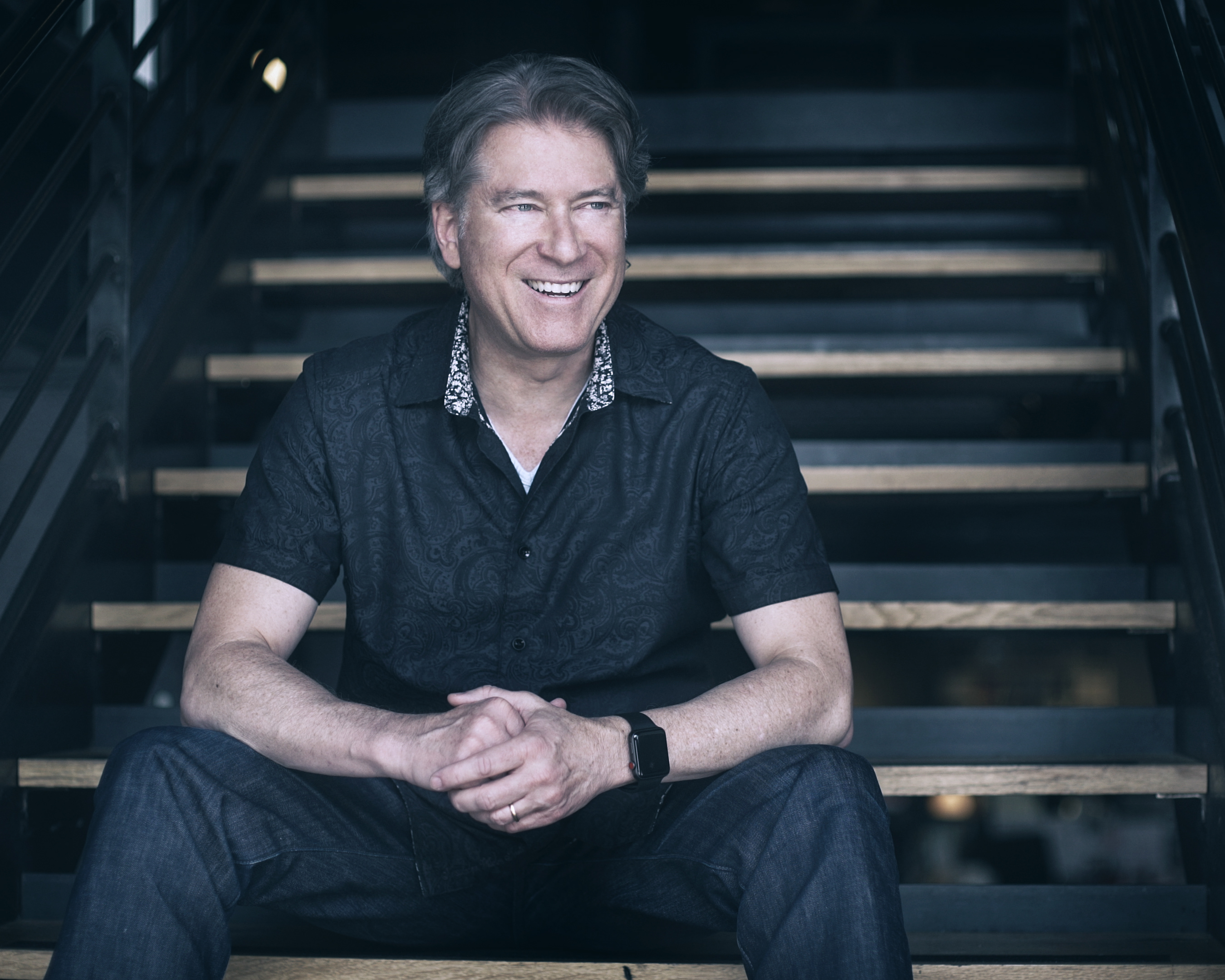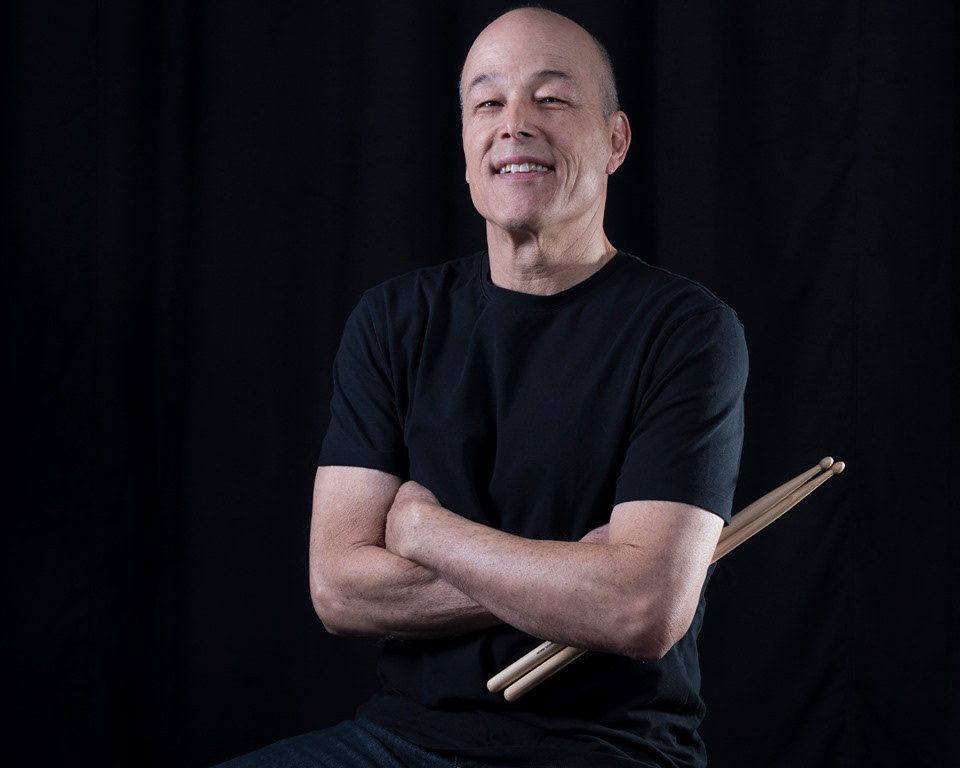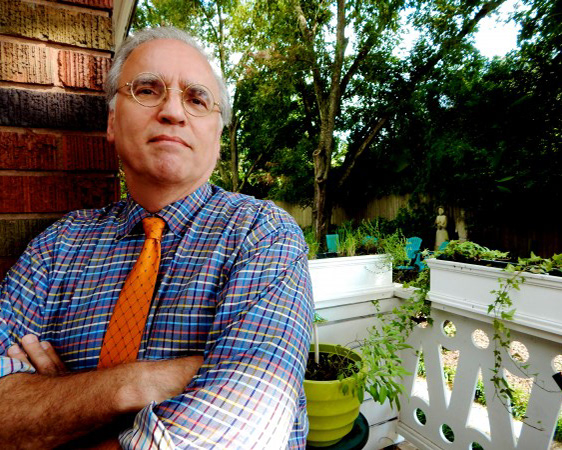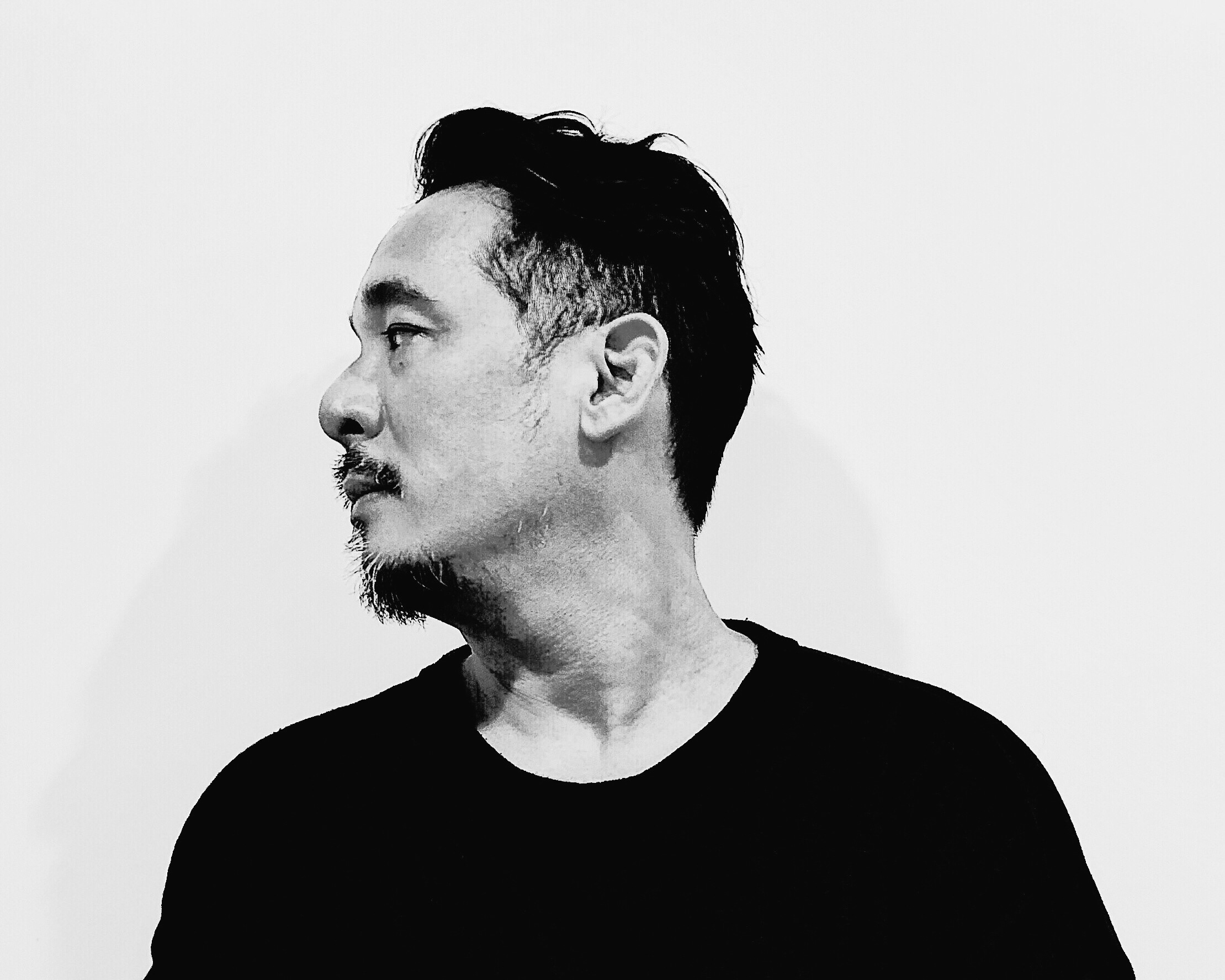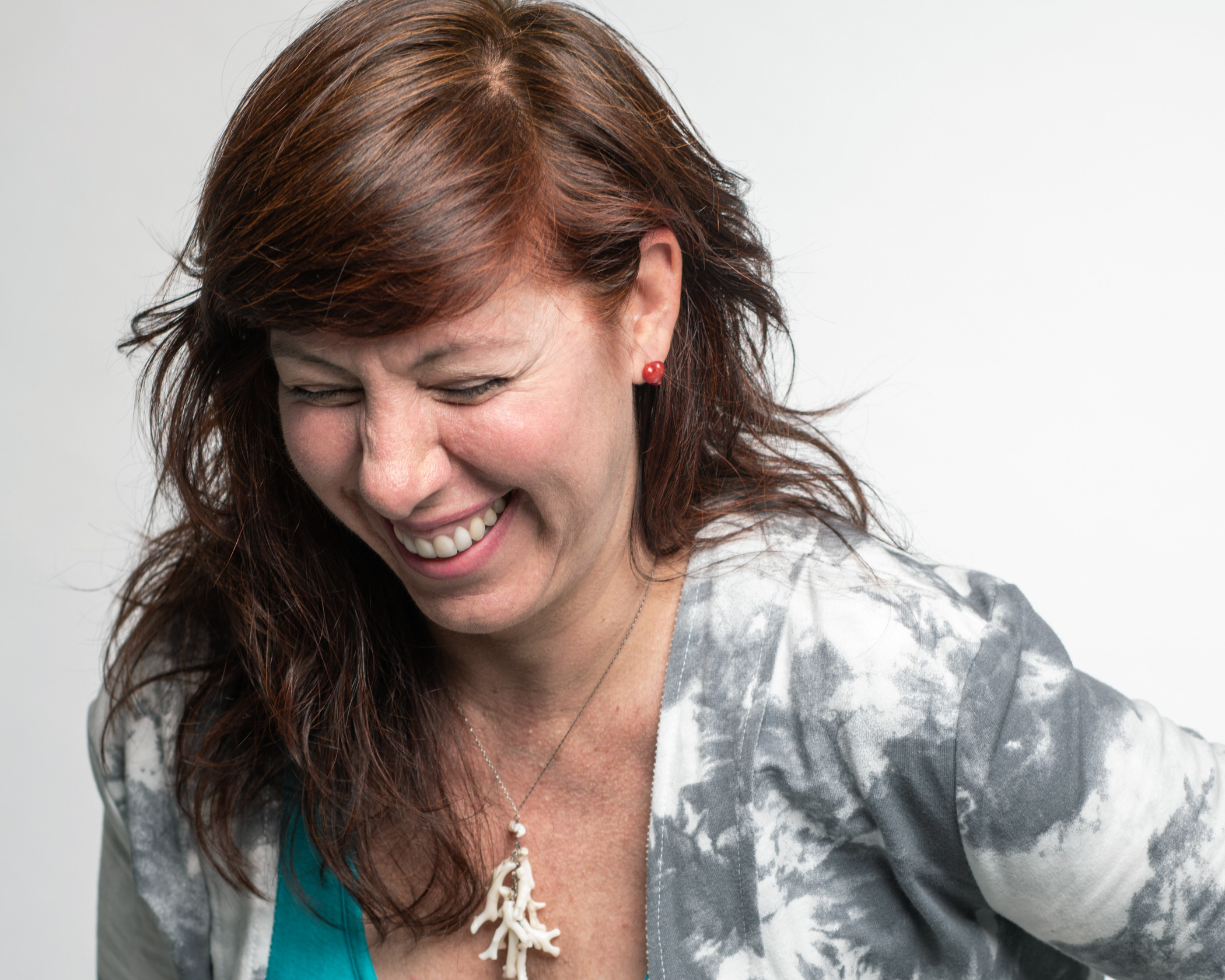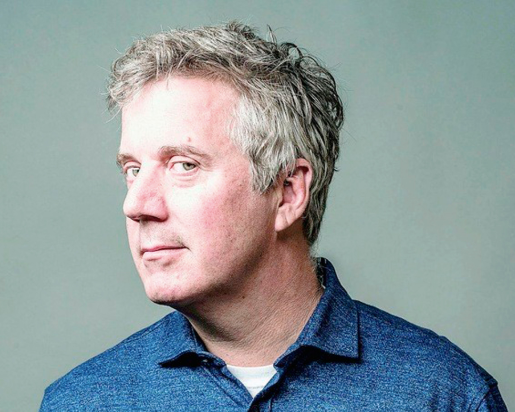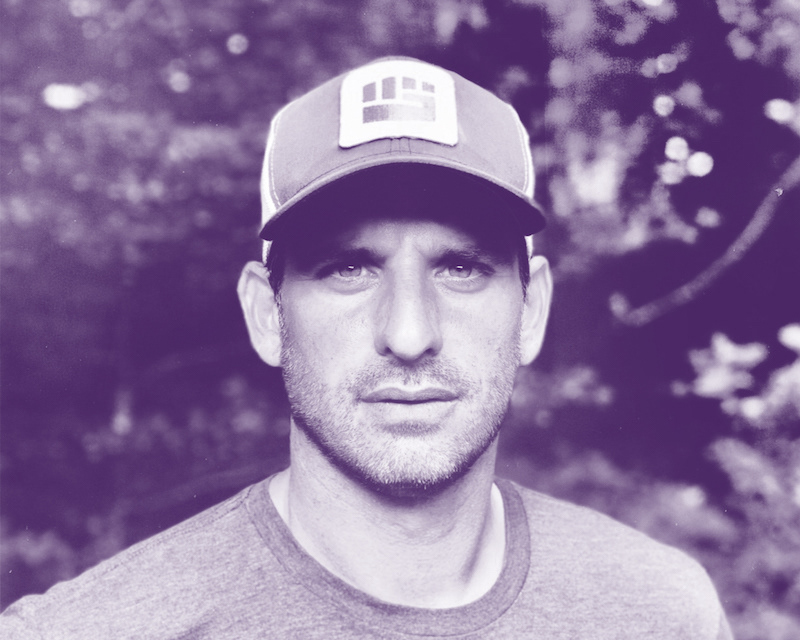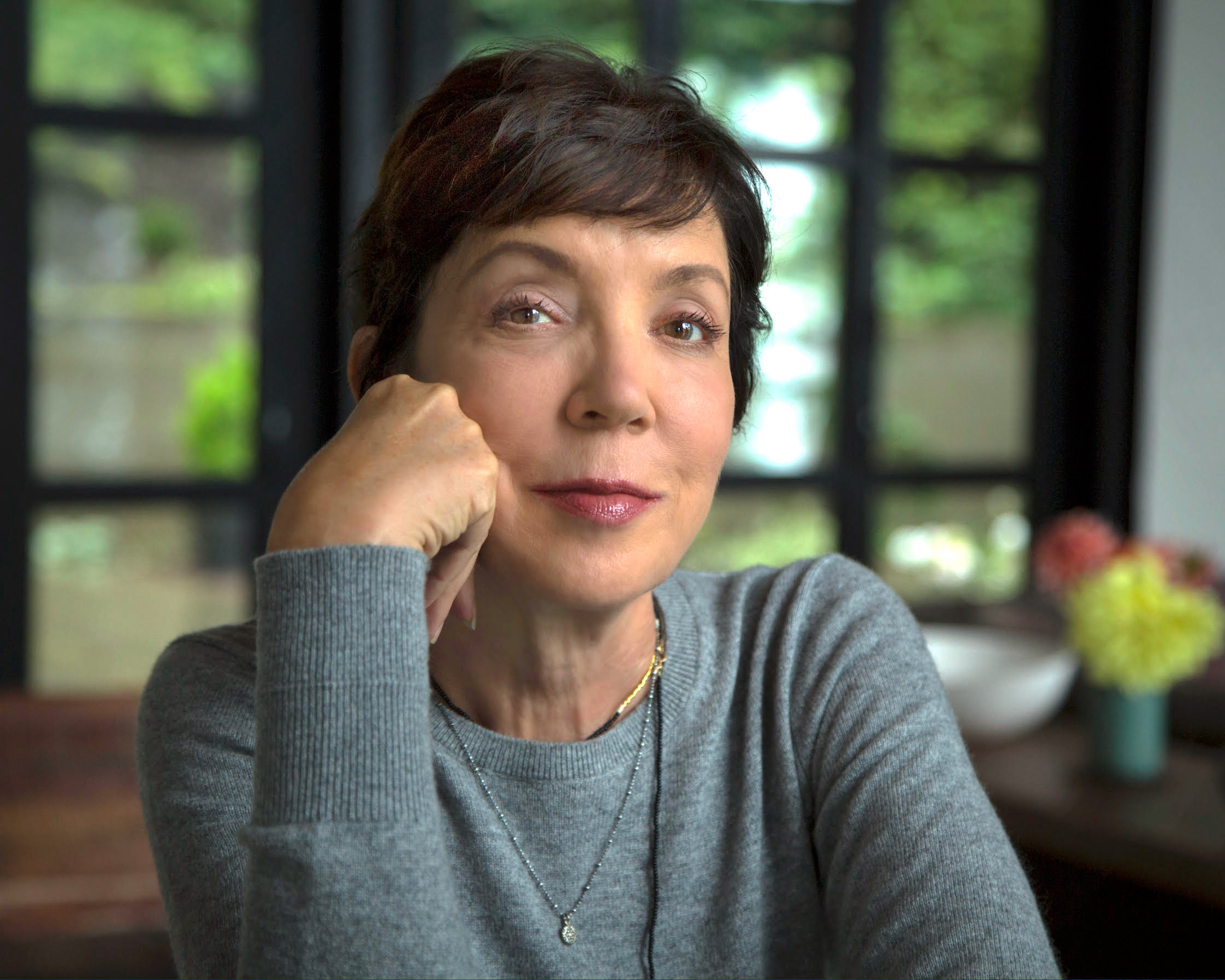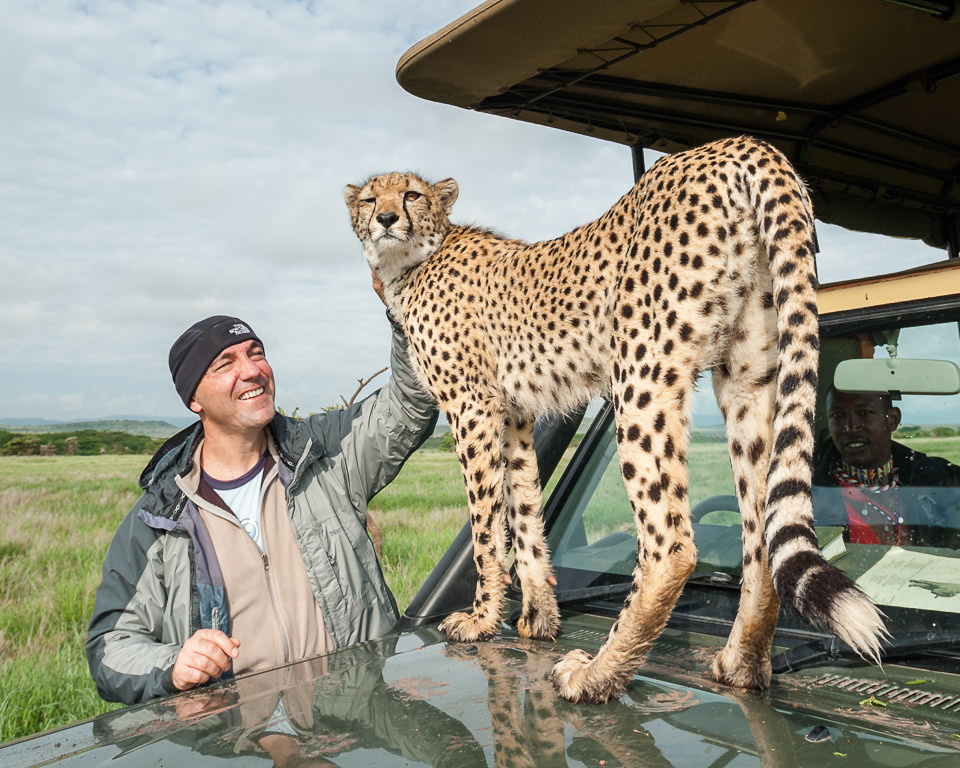This super talented W+K alum is a sort of responsible rebel. He knows what he needs to do, but refuses to do it the way it's already been done. This is true in his approach to the brilliant advertising he’s created over the years, his Instagram-powered portfolio site (seriously, it's a first for us -- click on Seiko's name above and check it out), as well as to this very article.
While Seiko would have been happy to answer the same questions everyone else has, he let us know he’d be happier to try something a little different. A sort of collaborative conversation “where ideas, inspiration and God-knows-what can emerge from dialogue as we go off the beaten path to beautiful tangents, stumbling upon thoughts and ideas we might not have discovered during a straight Q&A.”
We’re so happy we obliged.
(Note to future interviewees: While we would love to be able to engage in this sort of format in the future, the fact we have to work for a living forbids it. Luckily, we love a good Q&A, too!)
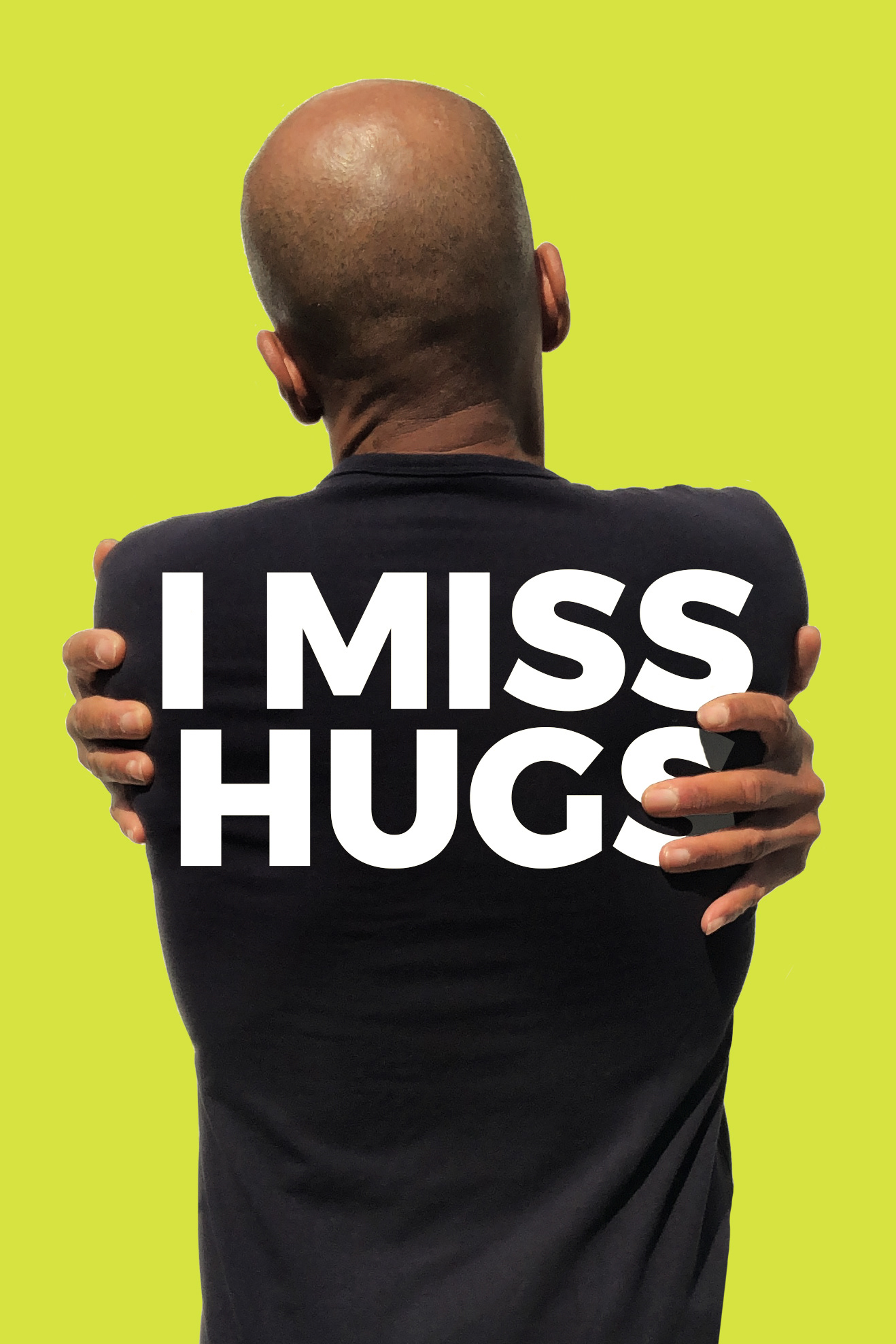
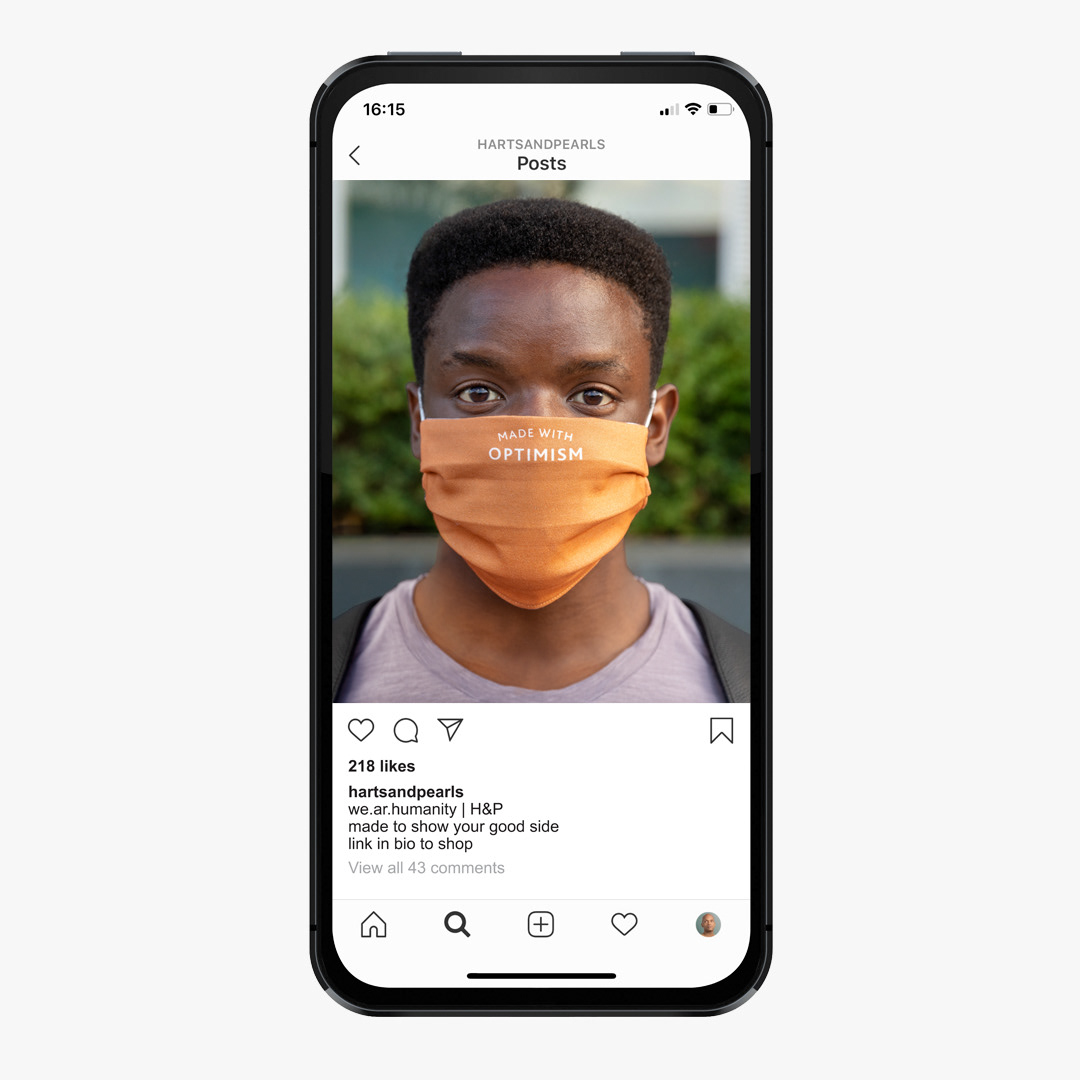
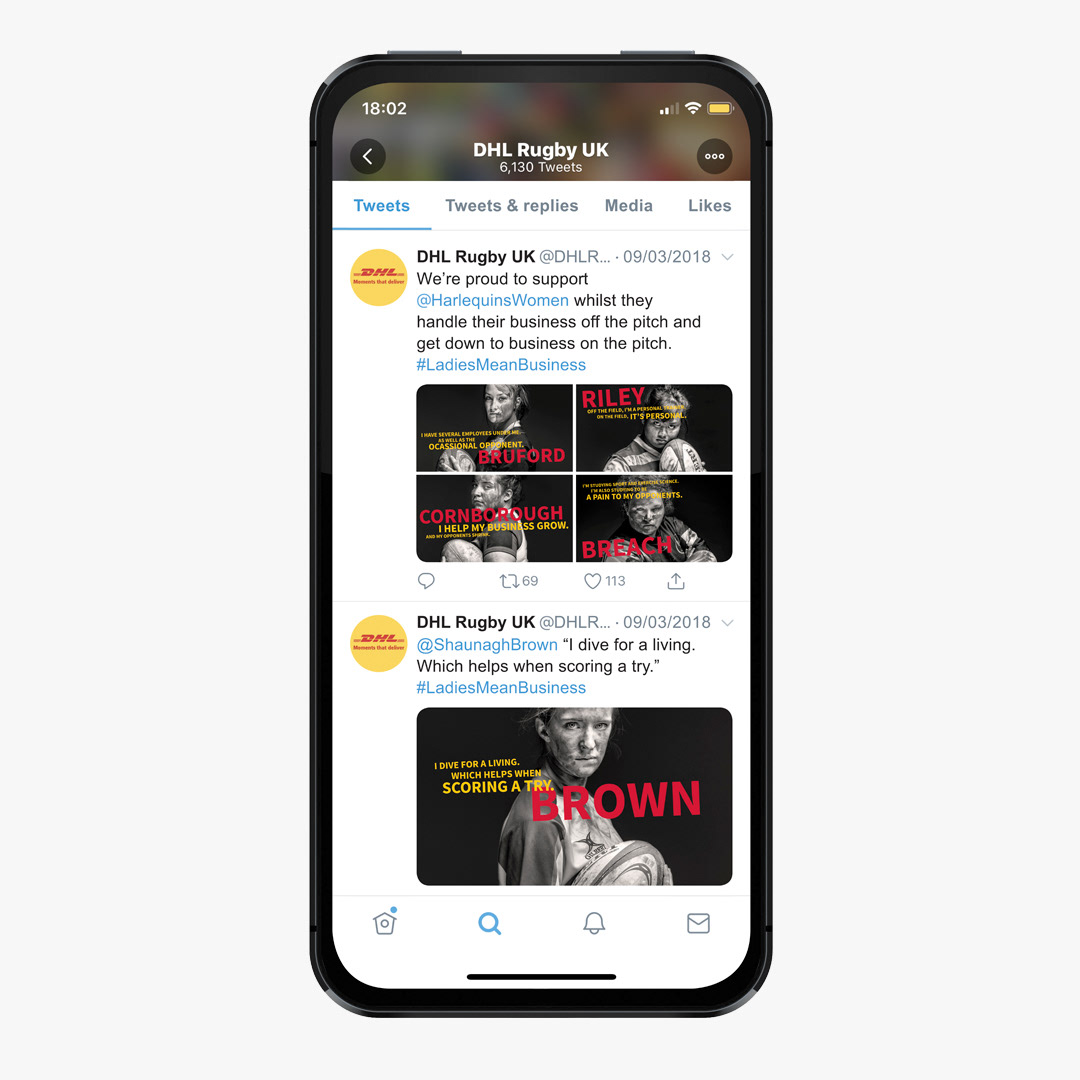
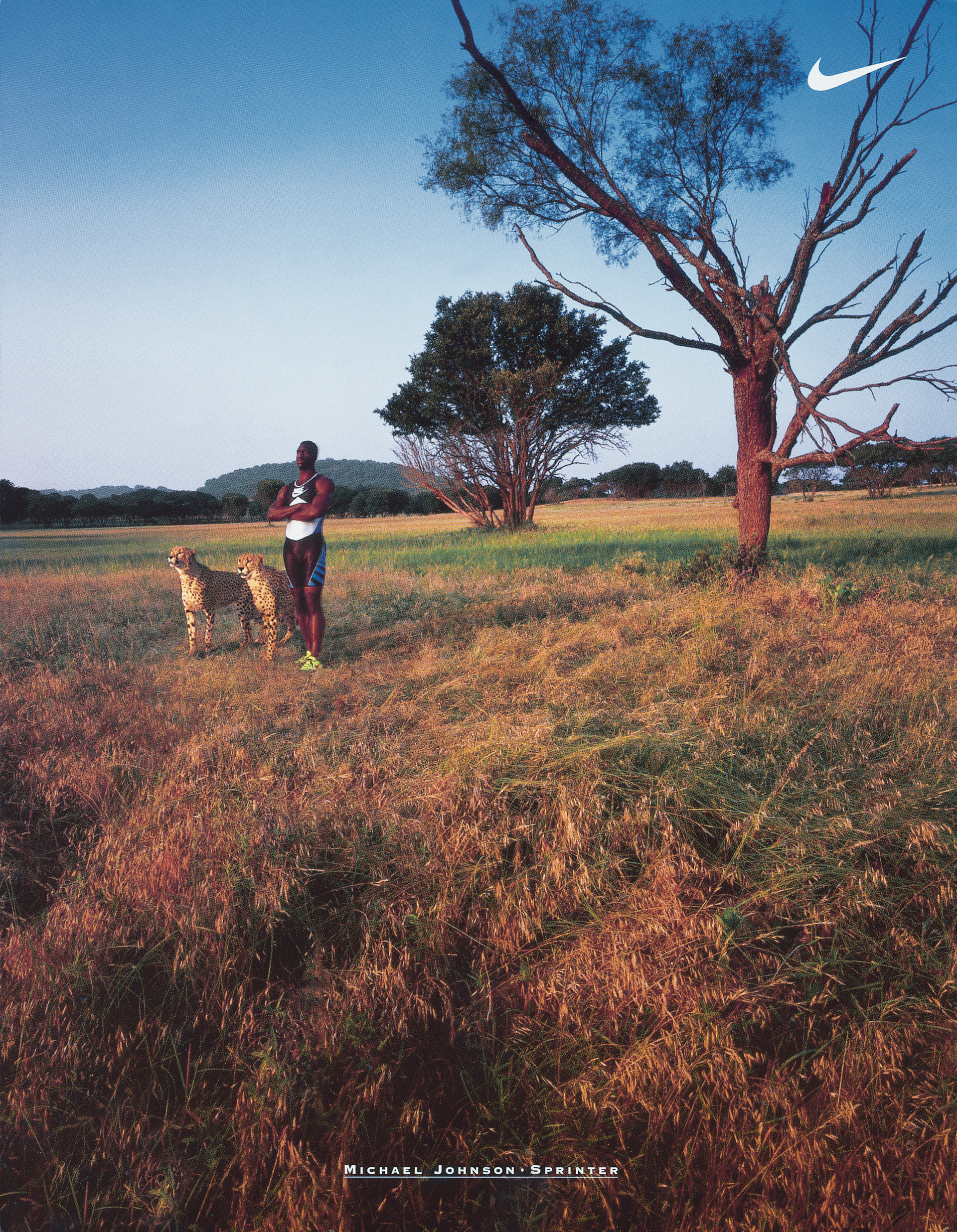
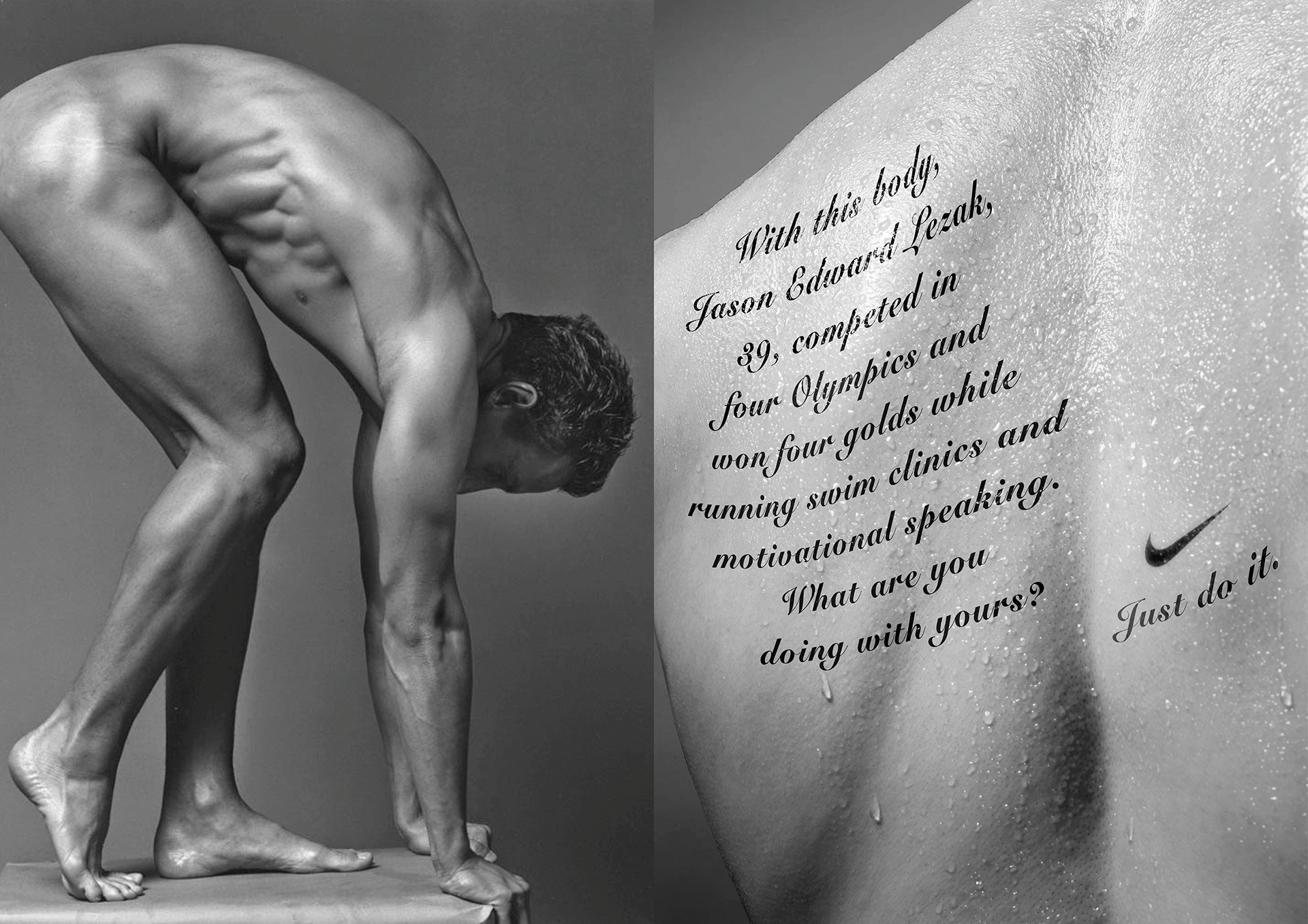
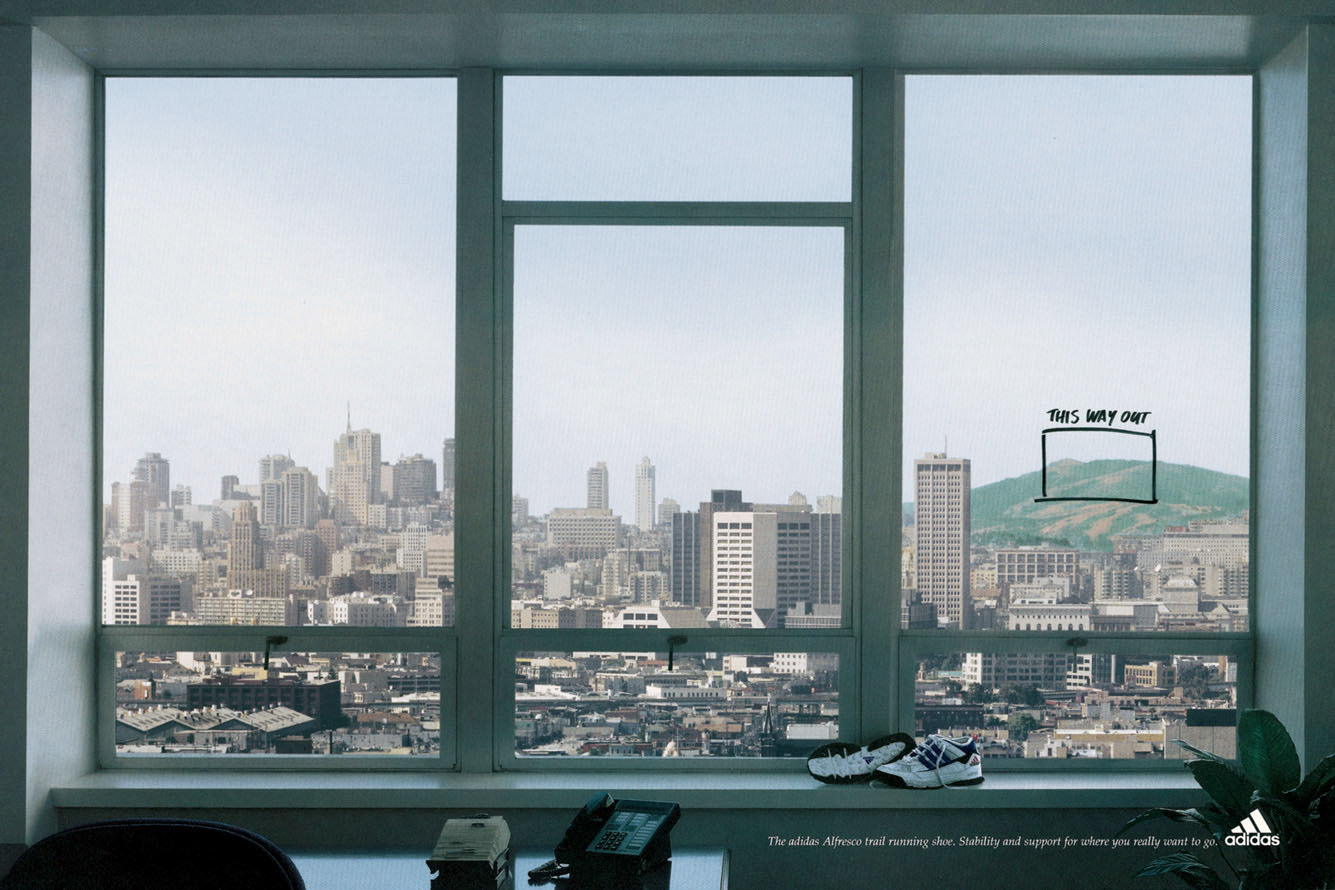
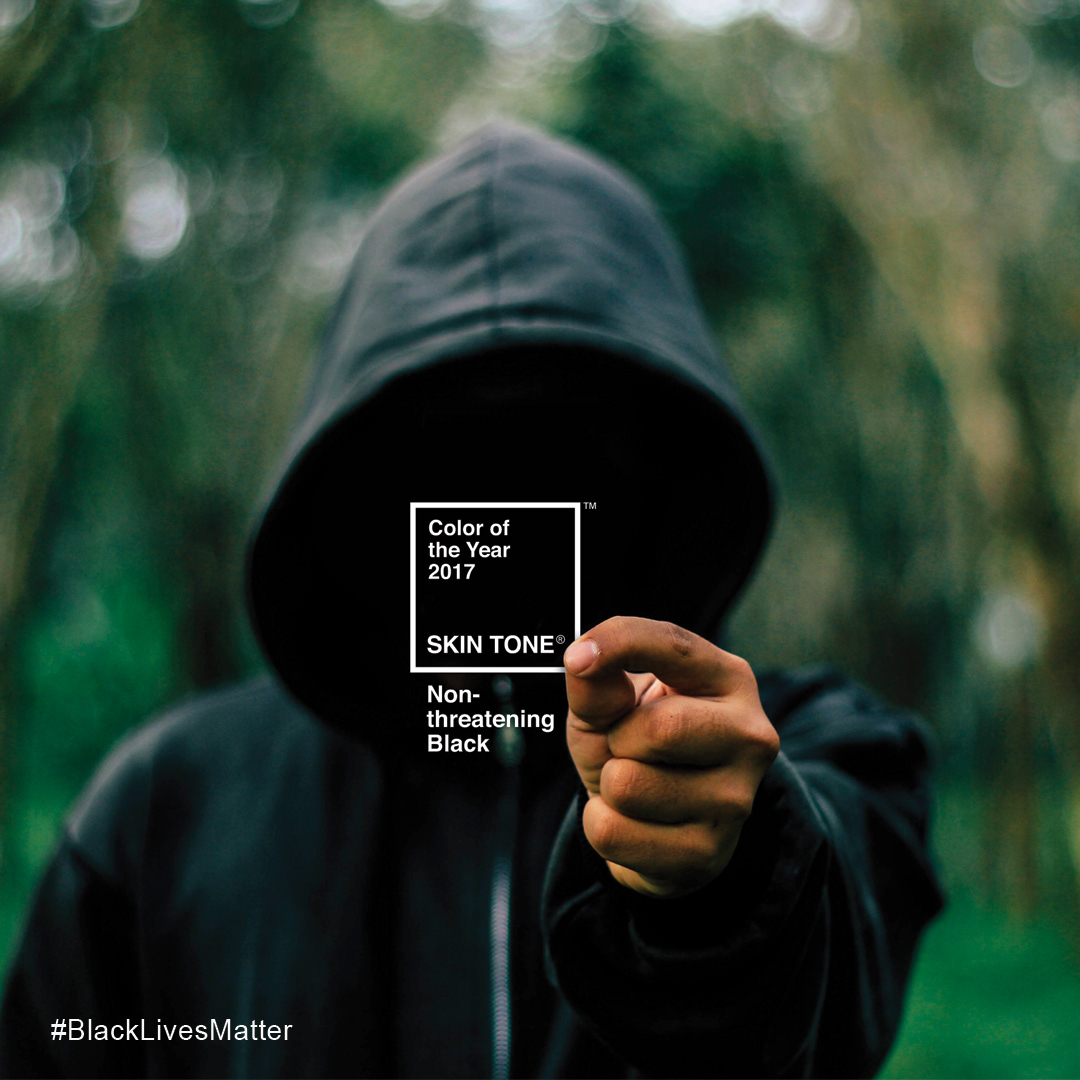
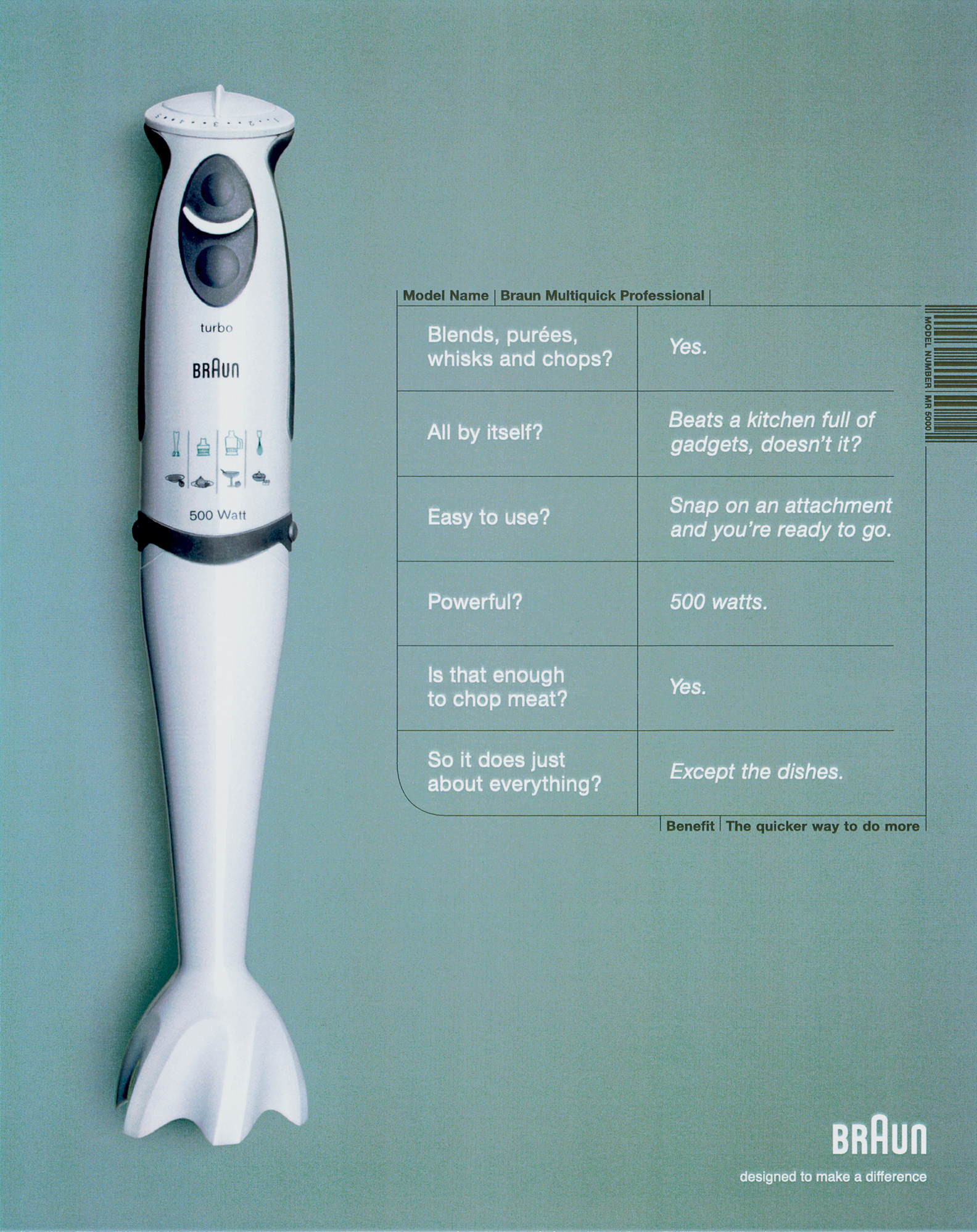
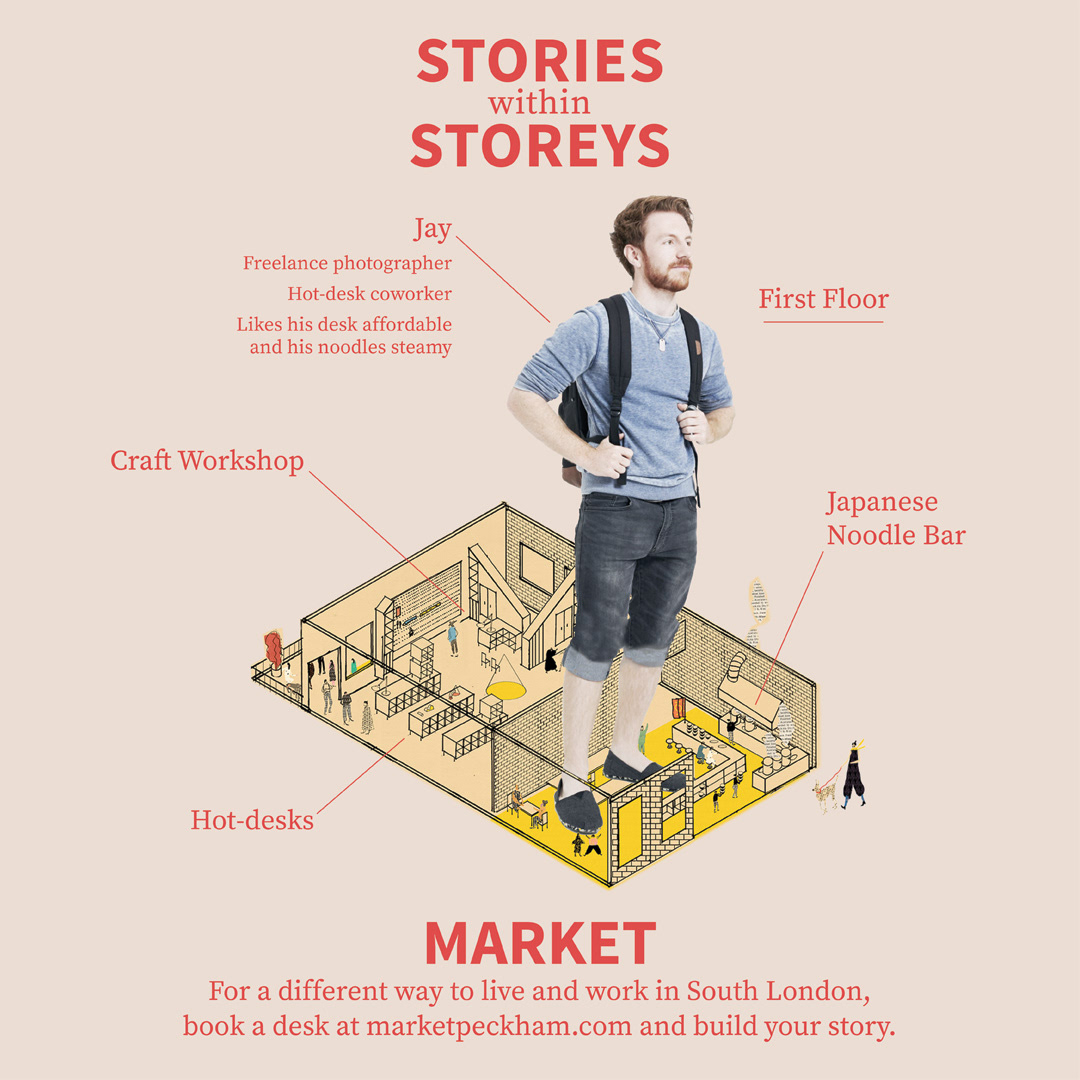
OTUT: Thanks for the suggestion of mixing up our format. Kinda fun.
SEIKO: Thank you for being receptive to it!
OK, let’s do this. We actually want to start by asking about your experience at Wieden. We’ve been lucky enough to add a lot of ex-Wieden voices in this conversation. And it sounds like, perhaps, ageism was less of a problem there. Curious of your take.
Well, at the Portland office, creative teams commonly consisted of over-30s being paired with under-30s, with no one raising an eyebrow. Thinking about it, it’s a great strategy – combine rocks with sponges and, if the chemistry is right, you end up with gold.
A few people have touched upon the notion as a potential solve to ageism – actually allowing older and younger creatives to learn from each other. Love referring to it as rocks and sponges – amazing visual.
Rocks & Sponges...ohmigod, maybe that could be the name of our agency! What do you think? I’ll trademark the name straight away before someone claims it, haha! [Editor’s note: Seiko actually did just that.]
So when you were younger and working at Wieden, were you ever in one of these pairings? And if so, can you tell us more about the experience?
I was often teamed up with many of the more senior writers and, for the most part, the relationship was symbiotic…not caring who comes up with the idea, treating each other equally, you know? And, to be clear, the rocks were just as super curious as the sponges were resolute – heck, we sponges had to stand our ground, at times, otherwise we’d get bulldozed. So it’s that alchemy within us that made the pairings work so well, I think.
By the way, as homage to David Kennedy, it’s always nice to refer to “Wieden” as Wieden+Kennedy or W+K for those who can’t be bothered to say it in full – let’s not delete the art directors from the history books, lest we forget!
Yeah, imagine Rich Silverstein could chime in on this one. We have much respect for our art directors.
The feeling’s mutual!
"I would be worried if I didn’t take the necessary steps to stay relevant. Keeping abreast of trends, updating my work, taking courses, diving into digital and social, staying curious – you’ll be left behind if you don’t move forward."
So, I’m curious, as you gained experience – and became the proverbial rock – did you ever begin to think or even worry about your own career life expectancy?
All worrying does is put lines on your face and make you look older, so I try not to worry!
I would be worried if I didn’t take the necessary steps to stay relevant. Keeping abreast of trends, updating my work, taking courses, diving into digital and social, staying curious – you’ll be left behind if you don’t move forward.
Can you elaborate on that? Is your focus mainly still advertising? Are you exploring other creative outlets?
Between gigs, whether it’s advertising-related or personal work, I always have a desire to write something, film something, paint something, make something, you know? I’m not going to wait for a creative brief to land on my lap in order to be creative.
I did just that with a social media campaign for a line of masks that were created to help contain the spread of Covid-19 whilst spreading messages of hope, unity and optimism. I was fortunate and grateful to have Wieden+Kennedy alum Jean Rhode, director and photographer Julian Love and editor Joe Sampson bring the project to life.
"I’m not going to wait for a creative brief to land on my lap in order to be creative."
Do you have any advice to offer people who are feeling the effects of ageism?
For any advertising jobseekers who feel marginalized – whatever the bias – then I think it’s a matter of channeling your frustrations into a creative strategy that will, at the very least, pique the company’s interest, hopefully enough that they’ll override their biases and start a conversation. And, to be sure, I’m not just talking art directors or copywriters… anyone in advertising can be creative.
Whatever you do, though, unless your work is on some next-level sh*t, don’t do a portfolio and cover letter that follows the same old template. You’re in a position where you have nothing to lose so just go for it – but make sure you run the proposal past someone who despises you so that you can get the harshest criticism.
"Among many mantras, W+K has one that sticks out for me: Walk in stupid. Walking in stupid means being flexible, being open to new ideas and not being set in your old ways."
Well, there’s a strategy we have never enlisted. Interesting! Curious, are there any, let’s say, “experienced” creatives in particular who are really inspiring to you these days?
I think the word experience can have negative connotations. It implies old thinking and, in a new world, that can be a liability.
I was debating with a colleague the other day and throughout our discussion, he pulled out the “From my experience…” card as a way to shut the conversation down. Well, did you ever think there’s a new way to solve a problem instead of defaulting to your old solution because it worked for an old problem?
Among many mantras, Wieden+Kennedy has one that sticks out for me: Walk in stupid. Walking in stupid means being flexible, being open to new ideas and not being set in your old ways. This is why, I think, many seasoned creatives experience ageism: they project that stereotype.
Anyone who points their finger at ageism should consider turning that finger inward to see if there is something they may be doing – or not doing – that is causing those rejections.
There was an article in the NY Times not too long ago talking about how start-ups with older leads were more successful than those with younger ones. Thoughts?
Yeah, yeah, yeah, I read that article and exactly my point: the 40-something guy who found Nest used his past experience as an avenue to breathe new life in the old thermostat model. Experience was used the right way: to avoid any pitfalls that could arise in the development of Nest. But when you lean too heavily on experience, it makes you less daring and overly cautious, which can dampen any entrepreneurial risk-taking. So used incorrectly, instead of freeing your mind, experience can box you in.
Sorry, before I forget – how does one know they’re experiencing ageism? What if it’s age-perception, where employers expect you to be at a certain level in your career trajectory?
"Being creative is what I enjoy and, actually, it makes me a better CD because the junior team and I are singing from the same 2020 hymn sheet."
I think in most cases it’s really subtle – mostly for legal reasons of course. Maybe you’re not quite getting the assignments you’d like, or the promotion you wanted. You stop going “upward”. But that leads to your question about career trajectory. Right now, there really is one path – become CD, then GCD, then ECD, then CCO. And if that’s not your path – and of course, it’s not going to be everyone’s, partly due to the fact there aren’t enough positions available and partly because not every creative wants to follow that path – then it seems the only other option right now is to go freelance.
Hmmm. To say that there aren’t enough roles… I’m wondering if that's kind of putting up your own barriers?
It comes back to finding a clever way around it. Do you negotiate to invent a new role within your department? Head of Art? Head of Copy? Do you help find new business and become a creative lead on that account? Do you move to a different location where there are roles?
I think options, like these, can be considered before considering freelance – and, yes, this is assuming you a) have no desire to climb the CD ladder and b) prefer full-time over self-employment.
As far my own path, do I love being a creative director? Mentoring budding creatives? Provided that I’m not spending 90% of my time mired in administrative duties then, yes, absolutely.
But if the perception is that I should be primarily managerial... well, I still want to create, collaborate and contribute. I’m not going to willingly give that part of me up because that burning, yearning desire to create will never go away. And it shouldn’t go away because you’re a GCD, ECD or CCO.
Being creative is what I enjoy and, actually, it makes me a better CD because the junior team and I are singing from the same 2020 hymn sheet. I can rap about digital and social with them without missing a beat.
Of course, there are those who prefer to focus on the doing rather than the managing. A creative who takes a full-time Senior Copywriter position at 53 is judged more harshly than a writer who’s the same age who takes on a freelance project. It seems there should be more options than freelance. Do you agree?
As far as more options than freelancing – it’s a real head-spinner of a dilemma you raise and I really don’t have the answer other than venturing beyond your postal code for opportunities. But as an over-30 creative, I wonder why would you not want to give back to the advertising community, even in an unofficial role?
Even without research, it’s obvious that if you’re a senior creative, you’re expected to share your wisdom with the young ‘uns. Otherwise, I think you may be seen as… I dunno, somewhat selfish if you only want to create without some element of mentoring, guiding or advising mixed in.
I think what I’m suggesting – and others here have as well – is that there should be a place for senior creatives that allows them to mentor while not necessarily “managing” an account. Essentially, having the same responsibilities – and less time spent in back-to-back meetings – that a freelancer does, while also having the opportunity to build relationships, and yes, mentor…as well as have a certain level of job security and benefits. It likely also means a pay cut, but from what many older creatives have expressed, many would feel this sort of arrangement was worth it.
But that still leaves the problem of how these people are viewed simply because they’ve chosen a different path, not because they are any less creative – in fact, our guess is that doing the work actually helps older creatives stay sharper.
We’re on the same page, here, I think. As I mentioned, an unofficial mentor is a way to share wisdom without being expected to share wisdom. But the reality check is that those places are far and few between for senior creatives perhaps because of that perception thing we talked about as well as the expectation to, paraphrasing Corinthians, put away junior creative things.
But what can you do? Forming a union seems antagonistic and may ostracize you even more. Something along the lines of Rocks & Sponges could work – setting an example, you know? Or, as we discussed, if you’re truly ambitious, venture beyond to find work. Those specific roles aren’t plentiful, but they are out there, somewhere.
Imagine our conversation can go on and on and on but thinking we want our readers to stay with us. We’ve got one final question: Where do you see yourself in 10 years?
In a society where ageism is a thing of the past.

